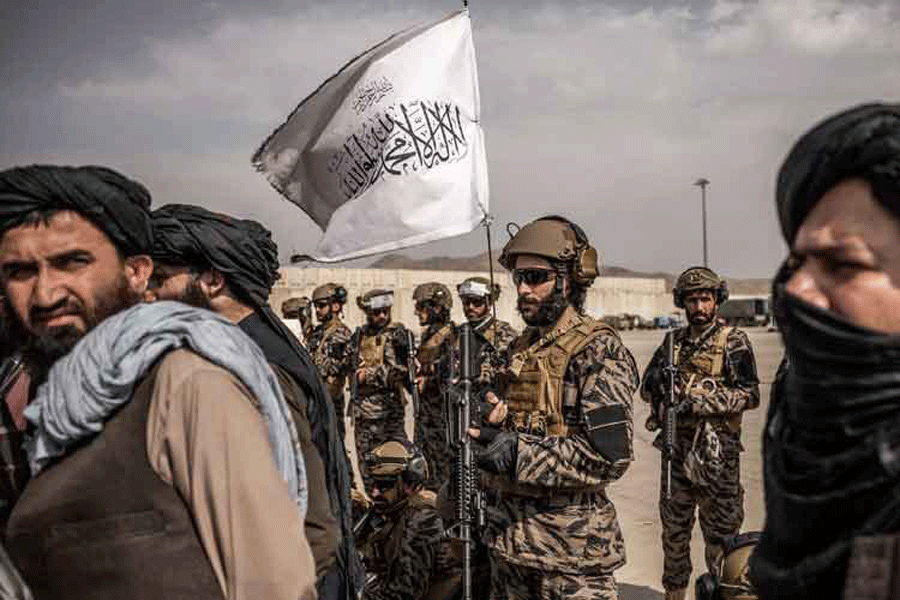Pakistan’s relations with Afghanistan dipped to a new low this week after cross-border airstrikes that threaten to inject fresh tension into a region already on edge. The Pakistani foreign ministry said that the country’s army targeted terrorist bases, including those of the Tehrik-i-Taliban Pakistan, two days after a suicide bombing killed at least seven Pakistani soldiers in the border district of North Waziristan. Afghanistan’s Taliban rulers hit back verbally and militarily — calling Pakistan’s action reckless and firing mortar shells at Pakistani army positions on the border. To be sure, the Taliban’s military capabilities are no match for Pakistan’s. But Afghanistan, and especially its border areas with Pakistan, is home to a range of armed outfits and terrorist groups that Kabul is under pressure from Islamabad to control. They give the Taliban leverage against Pakistan: these groups can be used against Islamabad if Afghanistan’s current rulers choose that path. For Pakistan, that could add to a series of regional challenges. After all, the country is no stranger to cross-border military strikes — both as target and as perpetrator. Both India and more recently Iran have launched attacks on Pakistani territory in response to terrorist strikes by Pakistan-based groups. Tense borders with any neighbour pose a challenge: trouble on three fronts can quickly spiral out of control.
It would be tempting for India to look at Pakistan’s struggles with a sense of vindication. Indeed, such a reaction would be justified. New Delhi has long accused Islamabad of doing what Pakistan now accuses the Taliban in Afghanistan of doing: sheltering, shielding and directly or indirectly supporting terrorist groups that target a neighbour’s territory. That the Taliban — itself propped up by the Pakistani military for a quarter of a century — should have turned against its eastern neighbour is also a case of a risky strategic gamble coming back to bite a country. But New Delhi must watch the deepening crisis on India’s western front with caution. There is no evidence that Pakistan’s military establishment has learnt its lessons from the setbacks with the Taliban or from the mistrust it evokes in the neighbourhood. India must instead enhance cooperation with Iran to redouble efforts at pressuring Pakistan diplomatically on its use of terrorism as a State policy. At the same time, India should criticise the use of Afghan soil for attacks on any country. Unlike Pakistan, India must not allow its principled commitment against terrorism to waver.










